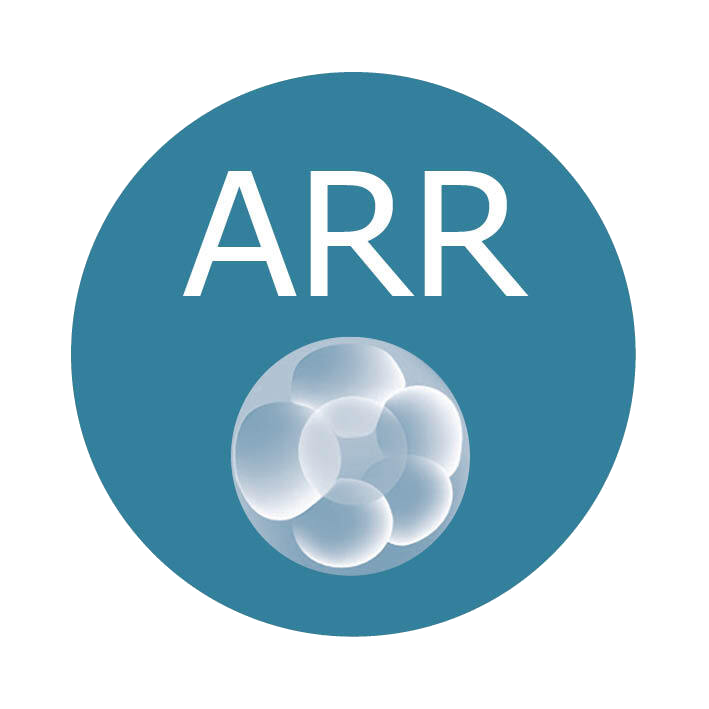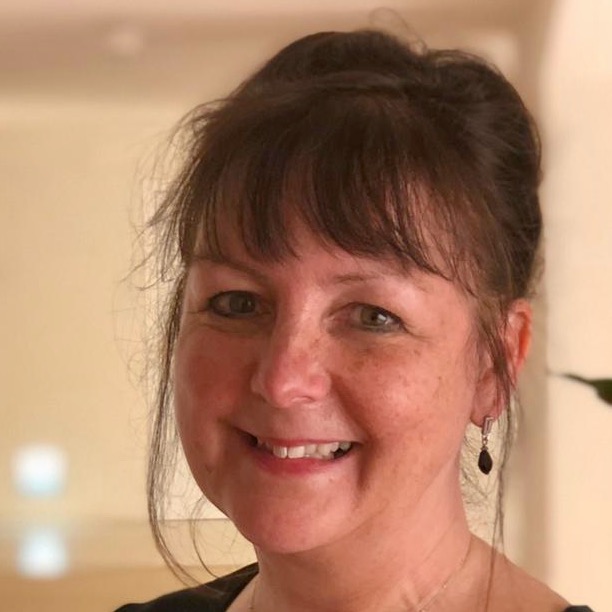Reflexology – Can it really help you to get pregnant?
By Barbara Scott
This Article was written for Fertility Road
If you are reading this article then you may already know that many couples are now finding that once they make the decision to start a family, all is not as straightforward as they thought it might be. We now have 1 in 6 couples globally who are experiencing difficulties of some kind when trying to get pregnant, and these are the couples that we know of, so the first thing to say is that, sadly, you are not alone. In addition to this, most of the medical investigations focus almost solely on the women! What we now know is that fertility issues affect men just as much as women. Statistically, causal factors are usually 1/3rd male, 1/3rd female and 1/3rd joint, which means, that couples have equal responsibility in taking care of their fertility health and well-being.
Some couples choose to use complementary therapies as part of their support or treatment planning when trying to conceive, but it can be difficult to know what is effective and how to find a reliable practitioner. The most commonly used are Acupuncture, Reflexology and nutritional support.
As a reflexologist and Chair of the Association of Reproductive Reflexologists, I would like to share our approach and some of our data in the hope that it allows you to make an informed choice about what you would like to use to support you on your journey to parenthood.
Reproductive Reflexology can offer, not only support, information and guidance, but also a form of treatment that can help couples to conceive naturally or support them when or if you do make the decision to undertake the varying forms of assisted conception, be that IVF, IUI or cycles of Ovulation Induction.
Going back to basics and making sure that your fertility health is at its optimum can really pay dividends. It usually takes around 3 months to fully prepare but is worthwhile as long as you don’t have underlying issues that mean delaying treatment is not an option for you. If you are concerned that this may be an issue then do discuss first with your medical practitioners, otherwise my checklist is below…..
- Women – make sure that your menstrual cycle is functioning at its best, sometimes making the smallest changes can be all that is needed.
- It might also help to have some base line blood tests i.e. FSH/LH/AMH and an Antral Follicle Count Scan to provide some basic information on your fertility health.
- Men – your role is key to making good healthy embryo’s, so make sure that you get a thorough Semen Analysis, and consider a test for Sperm DNA Fragmentation.
- Take a look at your diet and nutrition, including alcohol, smoking and caffeine intake.
- Take a good supplement that provides therapeutic levels of the vitamins/minerals needed for optimum fertility health. Ideally, one that has some evidence/research behind it.
- Take care of your stress and anxiety levels as these can have an effect on menstrual cycles and sperm health.
- When looking for any kind of practitioner or clinic, do your homework and find the clinics who are going to provide what is best for you and the practitioner that is best qualified and you feel most comfortable with. Make sure that you speak to at least 3 and read reviews too. For complementary practitioners ensure that they are a member of a relevant governing body and are properly trained and insured.
One of the most fascinating things is how little women know about their menstrual cycles. As women, we mostly rely upon what we were taught at school, and unfortunately, this can be sorely lacking! There are so many ‘false facts’ about menstrual cycles like ‘all cycles should be 28 days long’, ‘every woman ovulates on day 14 of her cycle’, ‘ if a woman is menstruating, she is ovulating’!
One of the starting points in using reproductive reflexology as part of your fertility journey is to help each woman to understand her own individual menstrual cycle and help to identify any issues that might be causing a problem. There can be a wide range of issues, even in women with a ‘standard 28 day cycle’ that they may not be aware of. These can include progesterone deficiency, a short luteal phase (post ovulation), anovulatory cycles (no ovulation) to name a few. Once identified, these issues can be resolved and managed using reflexology. And once women understand their menstrual cycles better, then they are able to identify the optimum time during which they are at their most fertile. What most couples are not aware of is that having sex in the days leading up to ovulation is THE most important time. An egg is usually only fertile for about 8-12 hours, so ensuring that sperm are in situ prior to ovulation increases success rates.
And, of course, we must not forget men!
Sadly, most men are very poorly informed about how they produce sperm and how important reproductive and sperm health is. It takes about 3 months for sperm to be produced and ready for their role of fertilizing the egg. But, many things can happen during this period of time that can affect the quality and quantity of the sperm. These can be as simple as higher than average stress levels, an infection or even high levels of exercise, and certainly alcohol, smoking, caffeine and drug use can all have an effect.
The head of the sperm contains the most important information of all – the DNA – this is fairly delicate and can be easily damaged. If the strands of DNA fragment (develop small breaks) then this can be a major contributing factor in recurrent early miscarriage, failed IVF cycles and being unable to conceive. At low levels it can be fairly easily remedied by reducing stress levels, cutting out alcohol and caffeine and making dietary improvements, including taking a good quality supplement, specifically designed to protect against damage. At higher levels, it becomes more difficult to treat and then it becomes useful to know what treatment options are available for you as a couple, as it doesn’t mean that it is the end of the road, just that you may need different support.
Sperm take between 45 minutes to 12 hours to make their difficult journey to the end of the fallopian tube, but can survive for up to a week in the right environment. They then rest in suspended animation until ovulation occurs, as the ovum is released the sperm become active and ready to fertilize the egg. So, making sure that they can swim well, and are at their absolute best, makes sense.
Reflexology can be a useful tool in improving sperm outcomes and reducing and managing stress and anxiety. We usually begin by suggesting that you have a detailed semen analysis at the start of reflexology treatment to identify any issues and then re-testing once treatment has been completed helps to measure progress.
Reproductive reflexology can be a useful and effective form of treatment for improving fertility issues and outcomes. It is non-invasive, pleasant to receive and provides many other health benefits and for those of you worried that it might be ticklish….. we never find that a problem.
Over the years reproductive reflexology has helped many couples to become families and we have much anecdotal evidence that supports this claim. However, we are always keen to seek evidence to see whether this is the case and there are many research projects currently being undertaken to provide further information on how, why and whether it works!
The Association of Reproductive Reflexologists undertook a data collection study of 180 clients, who were receiving reproductive reflexology whilst trying to conceive.
And here is the data….
100 Natural Conceptions
22 with IVF/ICSI
Age Range 24 -46
Average Number of Treatments 11.32
68% conceived whilst receiving treatment.
Pregnancy with IVF/ICSI 52%
We also looked at a variety of conditions, and how they responded to reflexology, including male fertility issues and responses to IVF/ICSI, with positive results.
I hope this has helped to allow you to make an informed choice about whether you would like to include reflexology as part of your fertility journey. If you would like further information about how we work you will find this on our website.
I wish you a calm and positive journey.
For further information on Barbara Scott please visit:
www.serennaturalfertility.co.uk
www.reproductivereflexologists.org
FACEBOOK: Seren – Reproductive Reflexology
TWITTER: @Barbara_E_Scott
‘Reflexology For Fertility’ published by Watkins Books 2016

